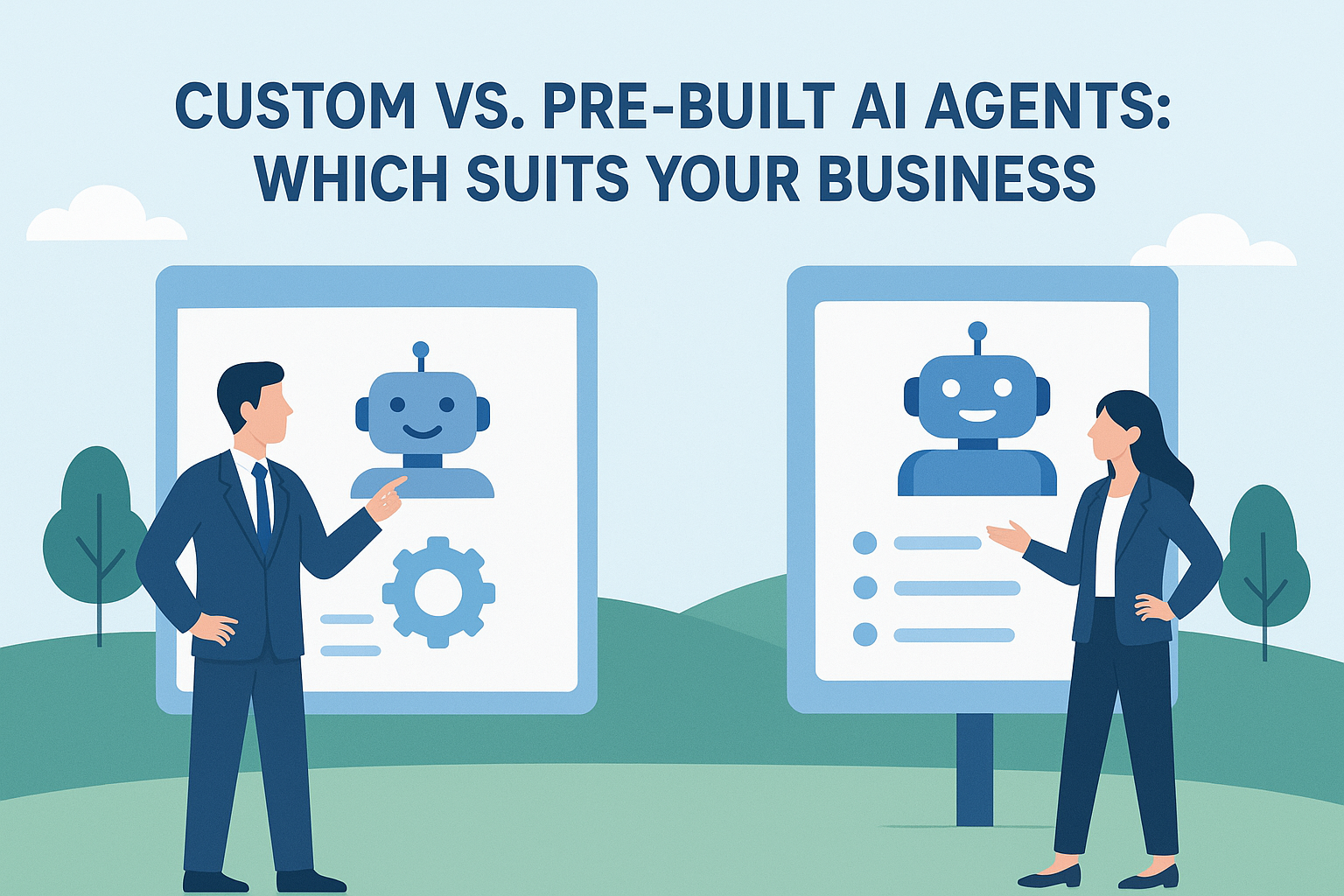
Artificial Intelligence (AI) agents are no longer futuristic concepts they’re now integral to modern business operations. From automating repetitive tasks to enabling complex decision-making, AI agents can dramatically improve efficiency, reduce costs, and create personalized customer experiences.
However, when it comes to implementing AI agents, businesses face a key decision: Should you choose a pre-built AI agent or invest in a custom-built one? Factors such as budget, deployment speed, scalability needs, and the overall cost of AI Agent development all play a role in making the right choice. This guide dives deep into what AI agents are, the difference between pre-built and custom solutions, and how to decide which suits your business best.
Understanding AI Agents
An AI agent is a software program designed to perceive its environment, process data, and take actions autonomously to achieve specific goals. Unlike static software, AI agents are adaptive they learn from interactions, improve over time, and can operate with minimal human intervention. Examples include virtual assistants like Siri, automated chatbots in customer service, recommendation engines for e-commerce, and intelligent process automation tools in enterprise workflows.
How AI Agents Work in Business Operations
AI agents function by combining data inputs, machine learning algorithms, and business logic to make decisions. In business contexts, they:
Monitor data from multiple sources in real time.
Analyze information using AI models.
Act by executing tasks—whether that’s responding to a customer, triggering a workflow, or making a prediction.
Learn from feedback to enhance future performance.
What Are Pre-Built AI Agents?
Pre-built AI agents are ready-made solutions developed for common business use cases. They come with predefined workflows, models, and integrations, allowing quick setup and deployment. They are typically offered as SaaS (Software-as-a-Service) platforms or cloud-based APIs.
Core features include:
Pre-trained AI models
Standardized workflows and responses
Built-in integrations with popular tools (e.g., CRMs, payment gateways)
Easy-to-use dashboards and configuration options
Advantages of Pre-Built AI Agents
Fast Deployment: Can be implemented in days or weeks, making them ideal for businesses needing quick solutions.
Lower Initial Cost: No need for heavy R&D or custom development.
Proven Reliability: Tested in real-world scenarios by multiple businesses.
Minimal Technical Expertise Required: Most solutions come with user-friendly interfaces.
Limitations of Pre-Built AI Agents
Limited Customization: You may be restricted to the features and workflows provided.
Scalability Constraints: May not adapt well to highly specific or evolving business needs.
Vendor Dependency: Relying on the provider for updates, support, and compliance.
Data Privacy Concerns: Data often passes through third-party servers, raising security issues in sensitive industries.
What Are Custom AI Agents?
Custom AI agents are built specifically for your business from the ground up or tailored extensively from an existing framework. They are designed to match your exact workflows, integrate with unique systems, and handle industry-specific requirements.
Core features include:
Fully customized algorithms and decision-making logic
Integration with proprietary databases and internal systems
Customizable interfaces and workflows
Flexibility to adapt as business needs evolve
Advantages of Custom AI Agents
High Degree of Customization: Every feature can be aligned with your processes.
Better Scalability: Can grow alongside your business and adapt to changing requirements.
Stronger Data Privacy & Security: Can be deployed on private servers or in secure environments.
Competitive Advantage: Unique capabilities can differentiate you from competitors.
Limitations of Custom AI Agents
Higher Initial Cost: Development requires skilled AI engineers, data scientists, and longer timelines.
Longer Deployment Time: Building from scratch can take months.
Maintenance Overhead: Ongoing updates, retraining, and support require dedicated resources.
Custom vs. Pre-Built AI Agents – A Detailed Comparison
Cost of Development and Deployment
Pre-Built: Low upfront costs, subscription-based pricing, and minimal setup fees.
Custom: Higher initial investment due to design, development, and testing, but can reduce long-term licensing costs.
Speed of Implementation
Pre-Built: Ready to use almost immediately with minimal setup.
Custom: Longer timeline due to requirement gathering, prototyping, and testing.
Scalability and Flexibility
Pre-Built: Works well for general needs but may face limitations in scaling unique requirements.
Custom: Can scale seamlessly with your growing and evolving business demands.
Integration Capabilities
Pre-Built: Comes with standard integrations but may not support niche or legacy systems.
Custom: Designed to connect with any system, including proprietary ones.
Maintenance and Support
Pre-Built: Vendor handles maintenance and updates, but you rely on their timelines
Custom: You control maintenance schedules, but require in-house or outsourced technical support.
Data Privacy and Security
Pre-Built: Data may be processed in shared cloud environments, raising compliance challenges.
Custom: Can meet strict security and compliance standards, with on-premise or private cloud hosting.
Long-Term ROI
Pre-Built: Lower initial cost but may incur high recurring fees and potential replacement costs if outgrown.
Custom: Higher upfront investment but greater ROI over time through efficiency gains and ownership of technology.
Conclusion
Choosing between a custom or pre-built AI agent depends on your business priorities. If you need a quick, affordable solution for standard tasks, a pre-built AI agent is often the best choice. However, if your operations demand deep integration, high scalability, and unique capabilities, investing in a custom AI agent can deliver long-term value and a competitive edge.
Ultimately, your decision should balance budget, timeline, technical capacity, and strategic vision. For many businesses, starting with a pre-built solution and transitioning to a custom AI agent as needs evolve can be the most practical path forward.

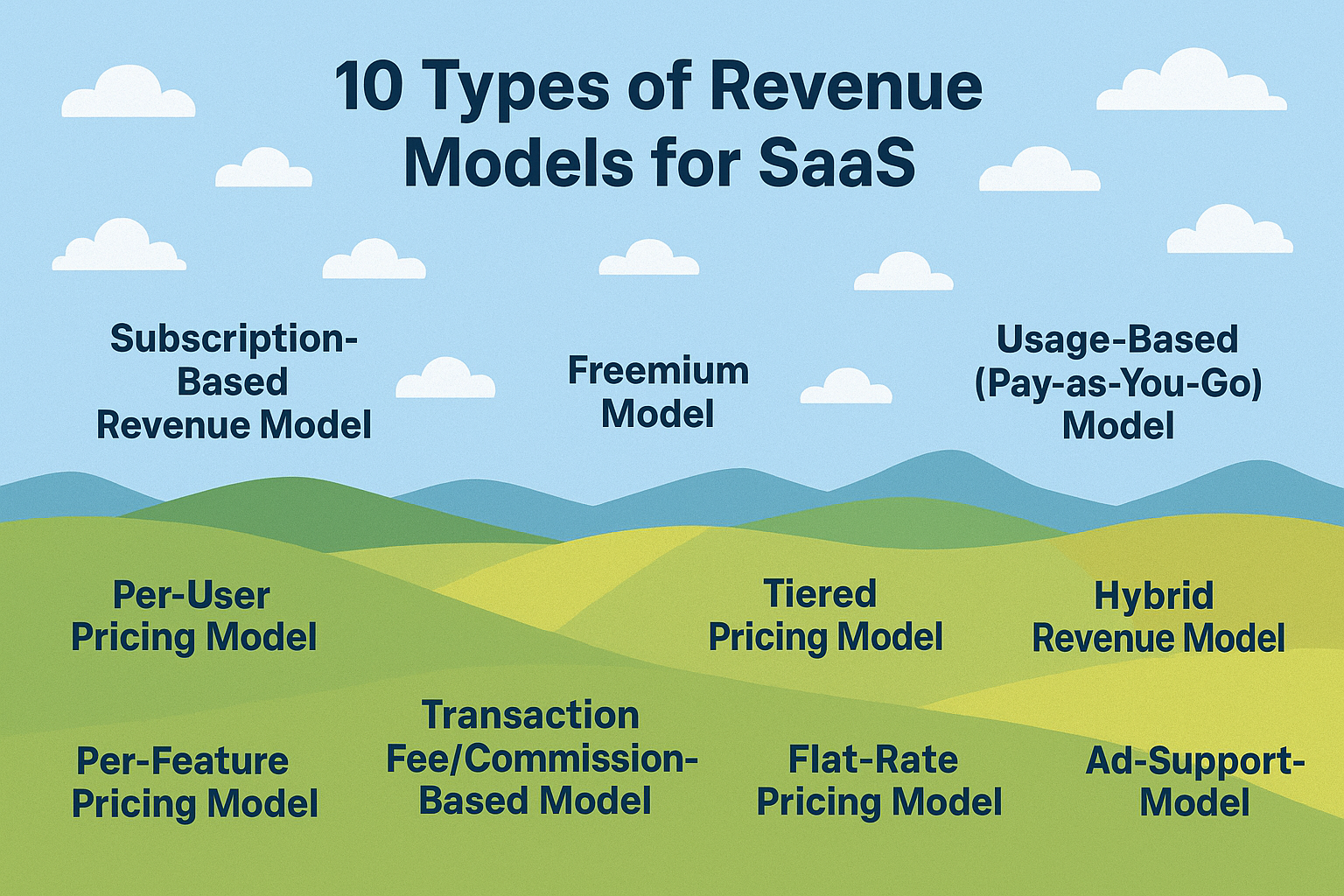
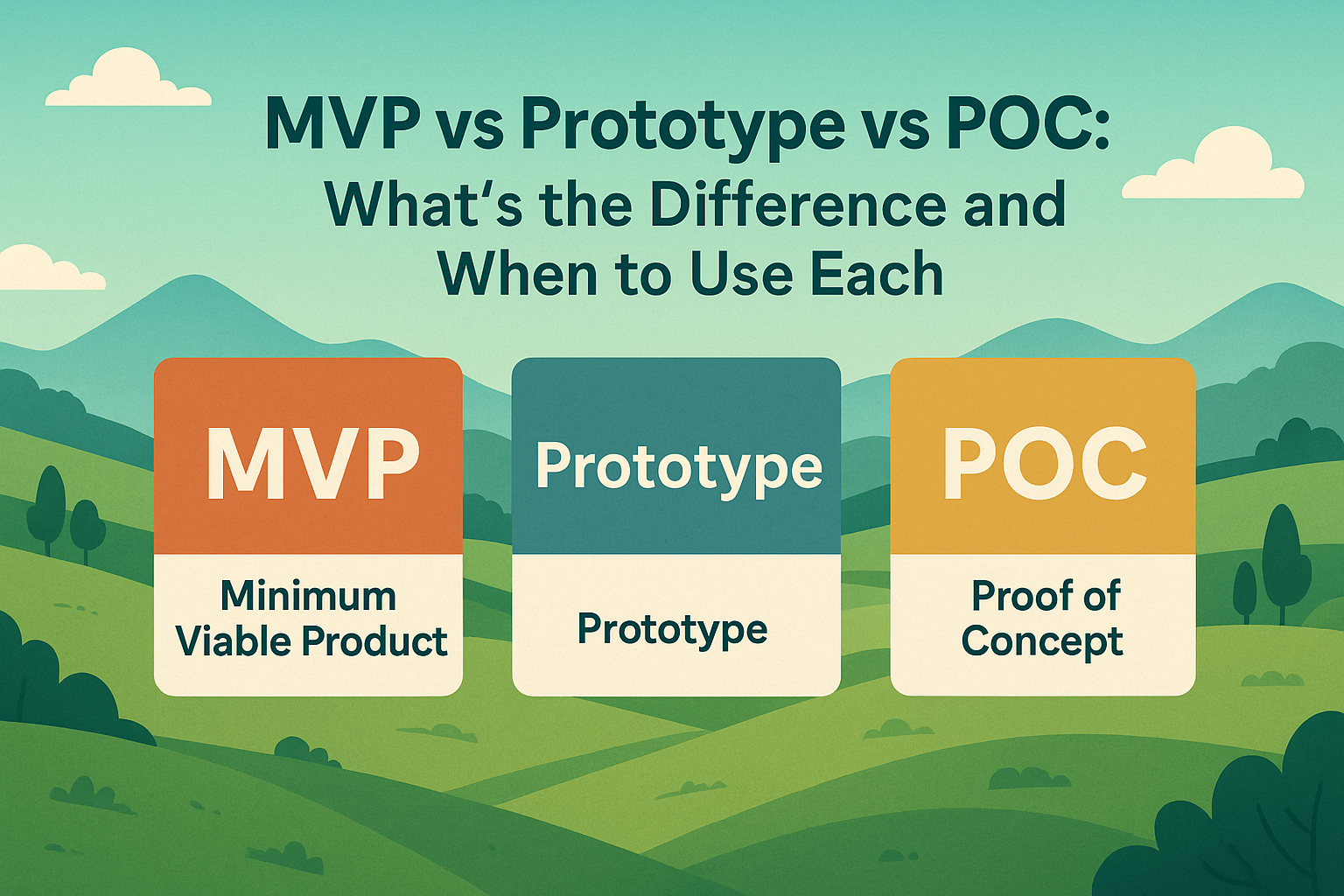
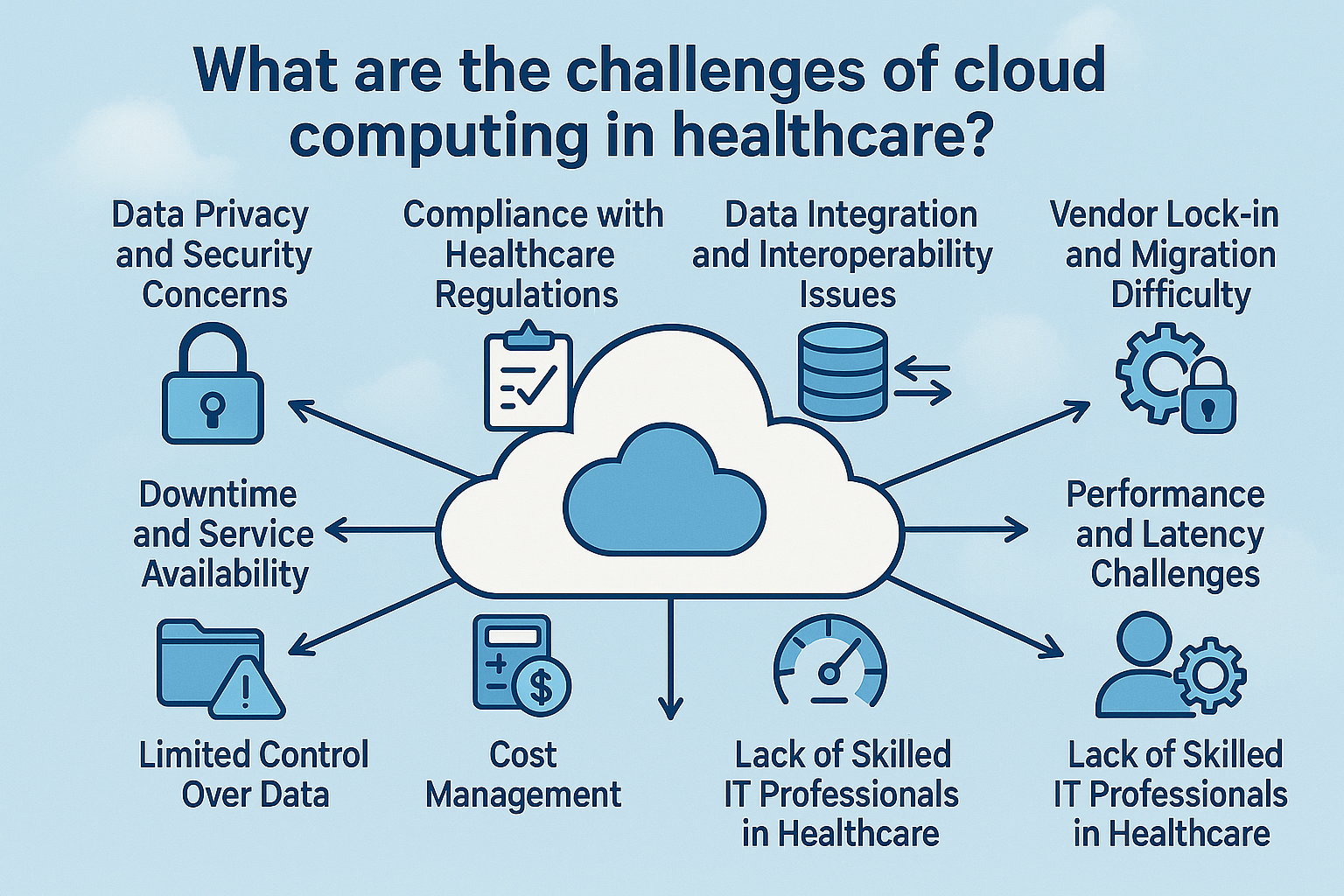
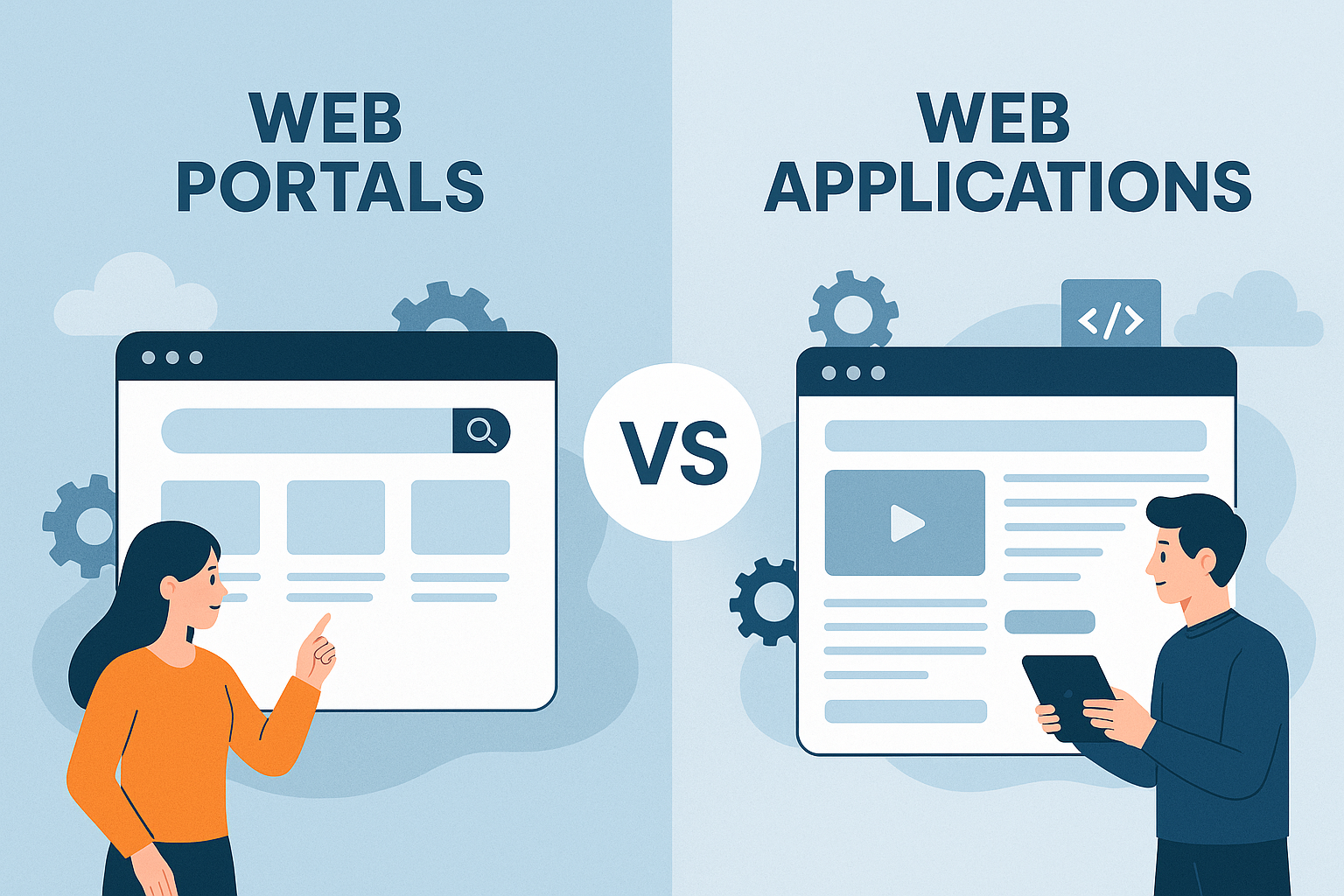

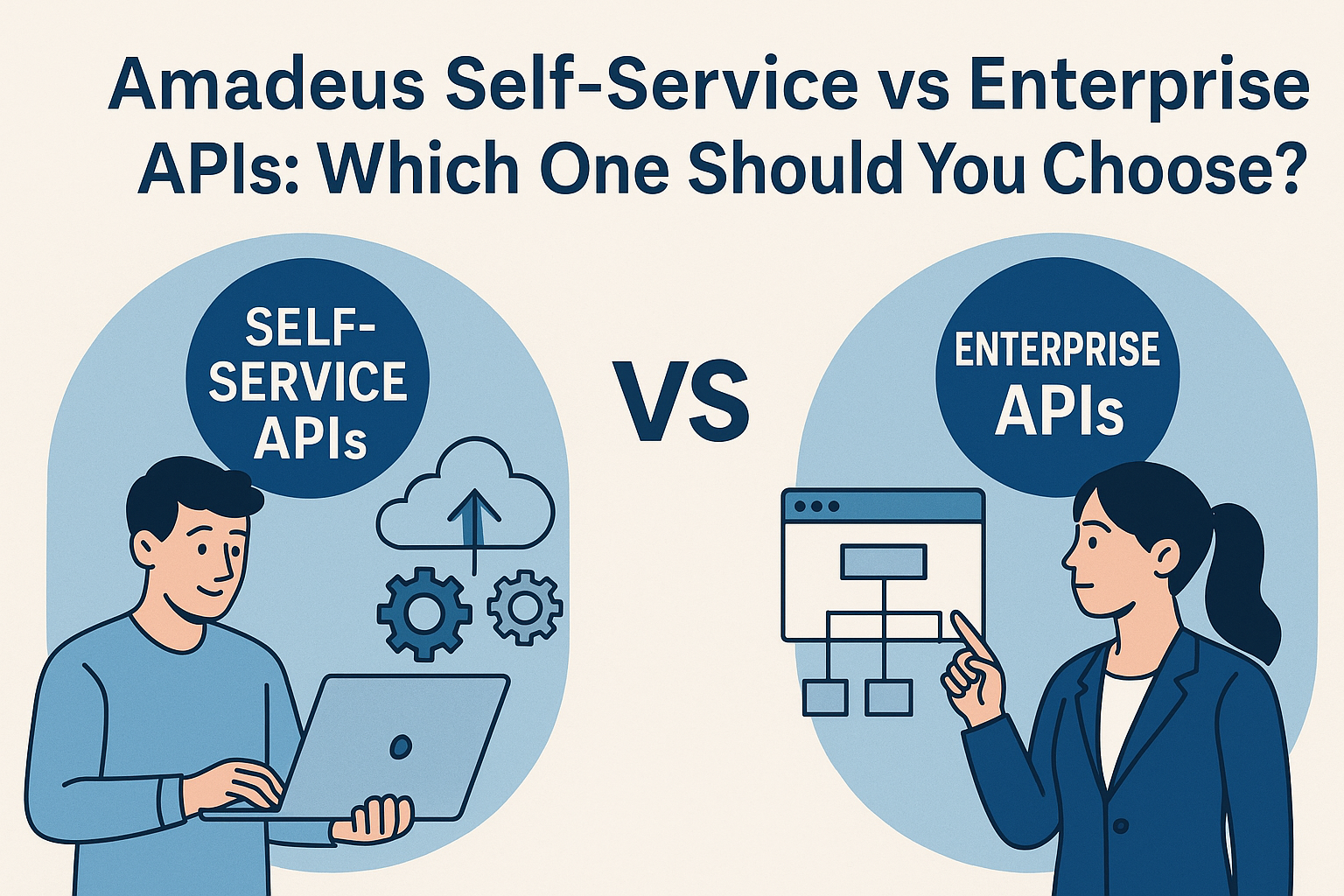
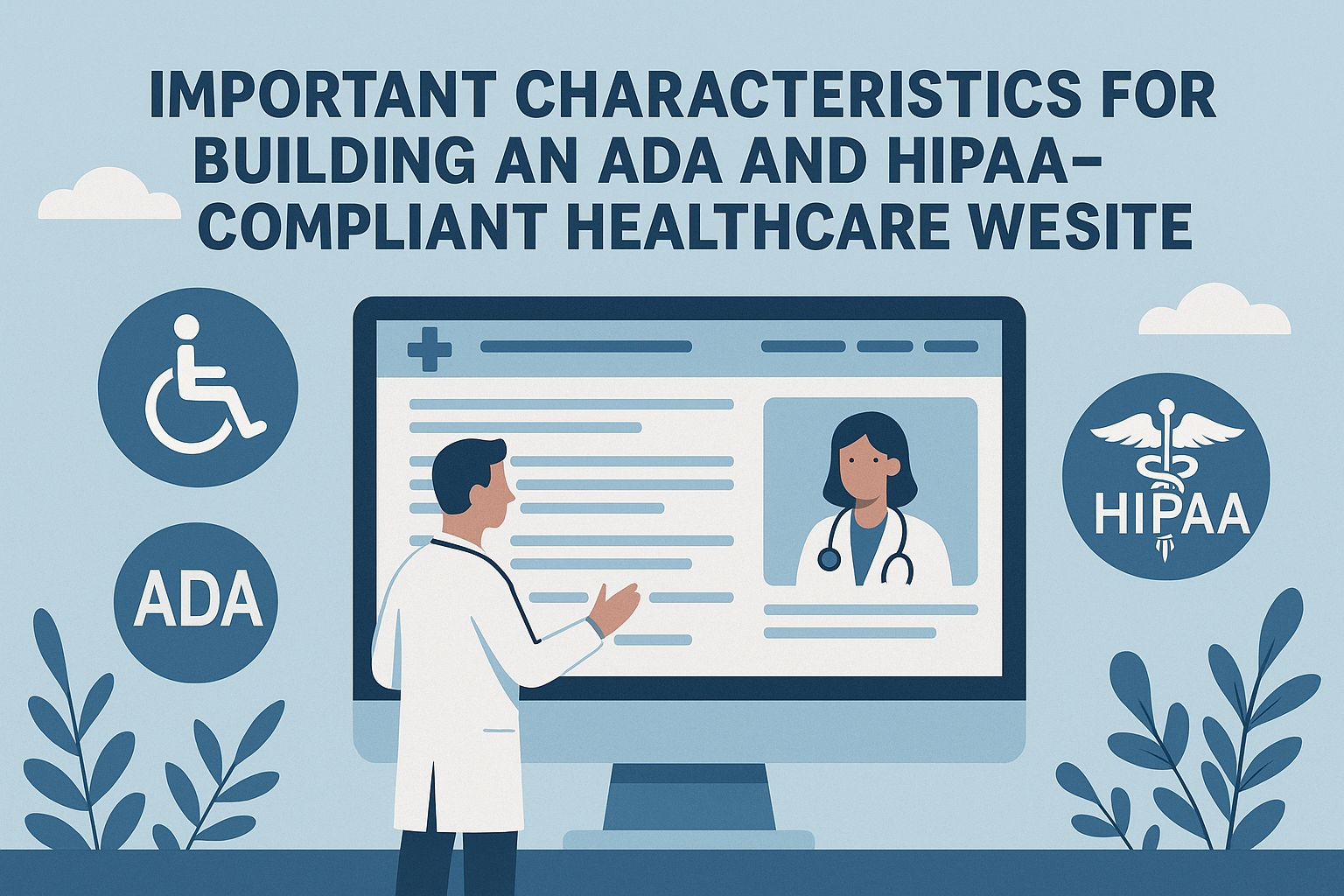

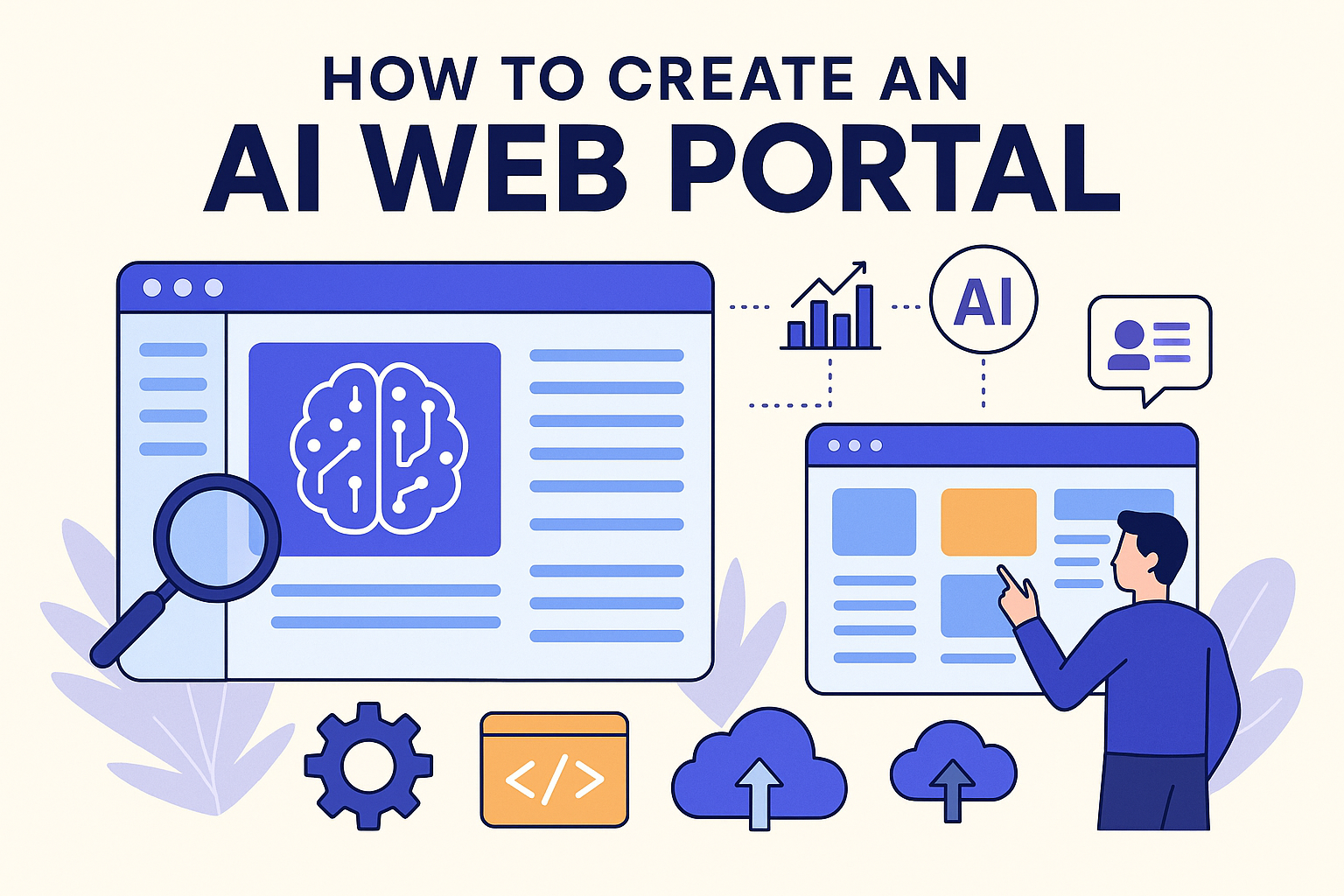
Write a comment ...